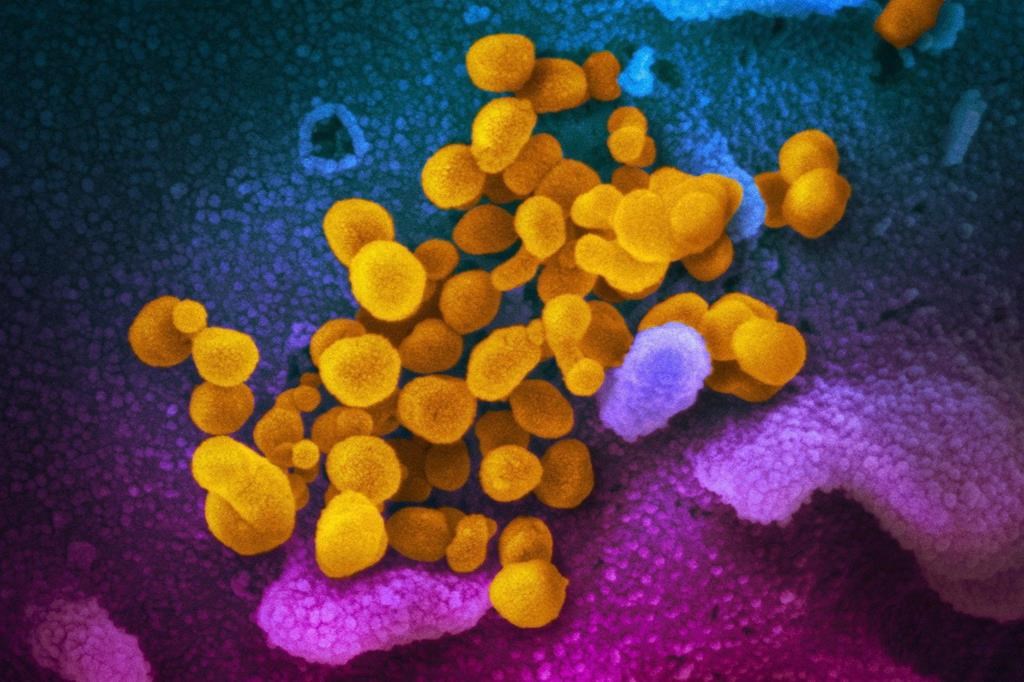The number of new coronavirus cases in Saskatchewan continues to slowly rise.

Health officials reported one new case in the province on Thursday, raising the overall total to 305.
Another 14 people have recovered, bringing total recoveries to 219.
There are currently 82 active cases in the province, health officials said.
Active cases are total cases less recoveries and deaths.
Seven people are in hospital — four in Regina, two in Saskatoon and one in the north region. No one is in intensive care.
There have been four COVID-19-related deaths in Saskatchewan.
Health officials said 132 cases in the province are related to travel, with 124 due to contacts or mass gatherings. Another 29 have no known exposures and 20 remain under investigation.
The Saskatoon region has 147 cases, Regina 68 and the north region 58 cases.
The south region has 15 cases, the central region 10 cases and the far north seven cases.
Another 662 tests were performed over the last 24 hours, bringing the overall total to 21,569. Officials said the province continues to have the second-highest per capita testing rate among the provinces.
The province did not hold a briefing on Thursday.
Questions about COVID-19? Here are some things you need to know:
Health officials caution against all international travel. Returning travellers are legally obligated to self-isolate for 14 days, beginning March 26, in case they develop symptoms and to prevent spreading the virus to others. Some provinces and territories have also implemented additional recommendations or enforcement measures to ensure those returning to the area self-isolate.
Symptoms can include fever, cough and difficulty breathing — very similar to a cold or flu. Some people can develop a more severe illness. People most at risk of this include older adults and people with severe chronic medical conditions like heart, lung or kidney disease. If you develop symptoms, contact public health authorities.
To prevent the virus from spreading, experts recommend frequent handwashing and coughing into your sleeve. They also recommend minimizing contact with others, staying home as much as possible and maintaining a distance of two metres from other people if you go out.
For full COVID-19 coverage from Global News, click here.










Comments